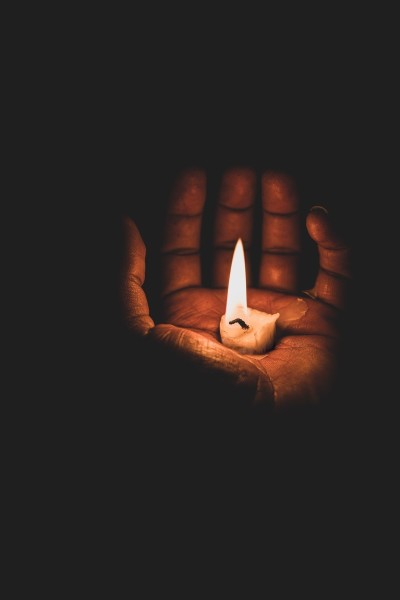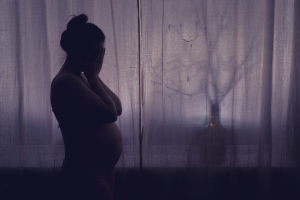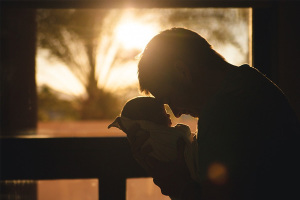The pandemic and our fear of death

We have forgotten that there are fates worse than death.
I lost my old friend and mentor Tim to COVID early on, and Dave this spring. My son’s soccer teammate lost his young dad. Sadly, such individual losses became mere statistics in the eyes of some as the pandemic progressed. Many will remember the Covid tracker — the Dashboard of Death — on TV and social media, tallying each day’s positive tests, hospitalizations, and deaths. People made in the image of God and thus possessing value and dignity, became merely data points, curves, and graphs.
For two years, we developed a rather strange ranking of deaths. We were concerned about COVID deaths but not others, like fentanyl overdoses, cancer, and more. In fact, deaths due to other causes were in some cases lumped together with Covid deaths, distorting the numbers. But there were other deaths happening at the same time.
Death by isolation was one of the great tragedies of the pandemic years. Governors in several states forced nursing homes to keep residents who should have been hospitalized, resulting in unnecessary deaths. Then the homes were forced to isolate the remaining residents from the outside world. There are heartbreaking stories of elderly residents who died in near-total isolation, unable to see or touch their families as they died alone.
Strong-handed pandemic responses caused the death of community. Almost overnight we shut down the significant communal institutions in society that provide meaning and structure and support. We were indeed less likely to contract Covid while “Safer at Home,” but that lockdown measure was brutal for blue-collar workers and families and children. State and local governments ordered us not to congregate with anyone outside our family, and NIAID Director Anthony Fauci suggested canceling holidays with anyone but your immediate household. Some churches and synagogues disobeyed or fought against targeted restrictions on communal worship and religious ceremonies.
Certainly, the pandemic caused the near-death of many of our cherished freedoms. Freedom of movement was lost as we faced total lockdowns and travel bans. Our freedom of speech and thought were severely limited by censorship of debates and online comments about masks and Covid treatments. Even the freedom to support your family was taken away, as businesses were shuttered and many workers were deemed “non-essential.” And mask and vaccine mandates took away our freedom to choose our own medical precautions.
So why were certain elements of American society so afraid of death by SARS-CoV-2? Because modern Western culture thinks that there is nothing else beyond our material existence. If this life is all there is, if there is nothing beyond, then it probably makes sense to go to extraordinary lengths, to spare no expense, to shut down whole societies, in order to preserve every single life. Forced vaccinations, brutal lockdowns, mask mandates for small children, and closing schools all make sense if — but only if — death is the worst fate on earth.
The Covid pandemic was a global tragedy, and vast numbers of people died either from it or while it was present in their system. The pandemic was a story of deeply personal losses, multiplied over and over in families and communities everywhere. But in the rush to fight the virus aggressively, we lost sight of our human dignity. Many government leaders treated their own people as mere objects to be acted upon, not subjects who have their own being and value. And many of us in the West went along.
The most significant exceptions to this attitude were religious and non-profit groups, and health care workers who cared for the sick and dying, often at great personal risk and sacrifice. Public health officials, at their more distant remove from patients, talked only of infection rates and caseloads and "flattening the curve" — and the most efficient and far-reaching ways to stamp out any possibility of death.
The English poet John Donne wrote: “Ask not for whom the bell tolls, it tolls for thee.” We are all, in fact, touched by the death of one of our fellow members of society. We must see each other as human persons, made in the image of God, with an eternal destiny. On this side of eternity, there are more and less humane ways to treat those who are living. But we also have the good news that death no longer has a sting. Pray that our leaders develop a more biblical understanding of both death and life.
Dr. Tom Copeland is a Professor of Politics at Colorado Christian University and Director of Research at the Centennial Institute, where he writes on public policy and the intersection of faith, culture, and politics. The views expressed are those of the author and do not necessarily represent CCU or Centennial Institute.



























